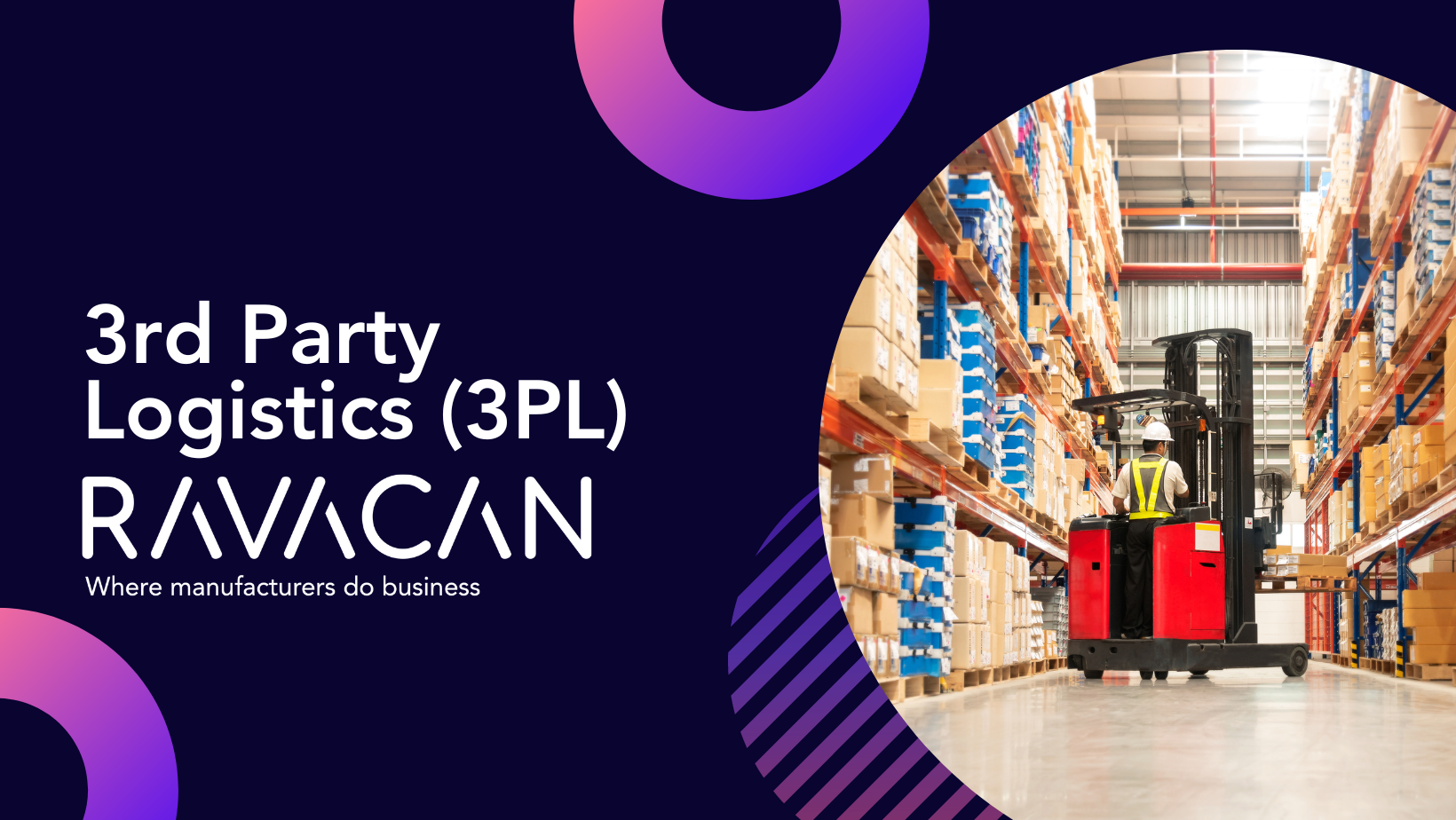Understanding 1PL, 2PL, 3PL, 4PL and Beyond

Introduction
In the logistics industry, there are various terms used to describe the different levels of logistics management. These terms range from 1PL to 4PL and beyond. Understanding these terms is crucial for businesses that want to optimize their logistics operations. In this blog post, we'll take a closer look at what these terms mean and how they are used.
Origins
The term "third-party logistics" (3PL) was coined by Dr. Robert Lieb, a Professor of Supply Chain Management at Northeastern University's D'Amore-McKim School of Business, in the early 1970s. Dr. Lieb used the term to describe the growing trend of companies outsourcing their logistics and supply chain operations to third-party providers who specialize in transportation, warehousing, and distribution services. The term gained popularity in the industry and has since become widely used to describe the practice of outsourcing logistics functions to external service providers.
1PL: First-Party Logistics
1PL, or first-party logistics, refers to a company that handles all logistics operations in-house. This means that the company controls everything from transportation to warehousing and distribution. Many small businesses and startups start with 1PL logistics as they have limited resources and need to keep their costs low. However, as the company grows, it may become more challenging to manage all of the logistics operations in-house.
2PL: Second-Party Logistics
The term "second-party logistics" (2PL) is not commonly used in the logistics industry. While "1PL" refers to a company that manages its own logistics operations, "3PL" refers to a company that provides logistics services to other companies. However, there is no widely recognized term for a company that provides logistics services exclusively to one other company.
It's possible that some companies or individuals may use the term "2PL" to describe this type of arrangement, but it is not a widely accepted industry term like "1PL" and "3PL."
In theory, 2PL, or second-party logistics, refers to a company that provides logistics services to another company. This means that the logistics provider is responsible for transportation, warehousing, and distribution. In this case, the company outsourcing logistics operations does not have to worry about managing the logistics process. Instead, they can focus on their core competencies while the logistics provider takes care of the rest.
3PL: Third-Party Logistics
3PL, or third-party logistics, is similar to 2PL, but the logistics provider offers more services. In addition to transportation, warehousing, and distribution, a 3PL provider may also offer value-added services such as inventory management, packaging, and order fulfillment. 3PL providers are ideal for businesses that want to outsource their logistics operations but still want to maintain control over the process.
4PL: Fourth-Party Logistics
4PL, or fourth-party logistics, is a newer term that refers to a company that manages the entire logistics process on behalf of another company. This means that the 4PL provider is responsible for coordinating all logistics activities, including those of 3PL providers. The goal of a 4PL provider is to provide end-to-end supply chain visibility and optimization. Companies that use 4PL providers can benefit from reduced costs, increased efficiency, and better visibility into their logistics operations.
Conclusion
In conclusion, understanding the different levels of logistics management is essential for businesses that want to optimize their logistics operations. Whether you're using 1PL, 2PL, 3PL, or 4PL logistics, each level has its benefits and drawbacks. The key is to choose the level that best fits your business needs. By doing so, you can improve your logistics operations, reduce costs, and increase efficiency, giving you a competitive edge in the marketplace.
Ravacan Station, a no-code solution from Ravacan, will empower you to design and operate your very own supply chain control tower with ease. Notably, you will be able to collect shipment dates for all your purchase orders from suppliers and effortlessly share them with your 3PL or 4PL partners. Join Ravacan today to take your supply chain to the next level.
Copyright © 2022 Ravacan | All rights reserved

